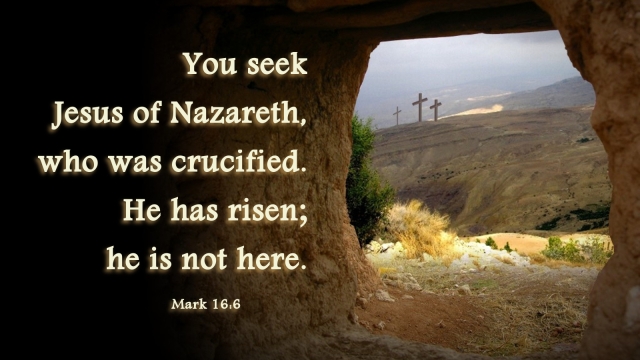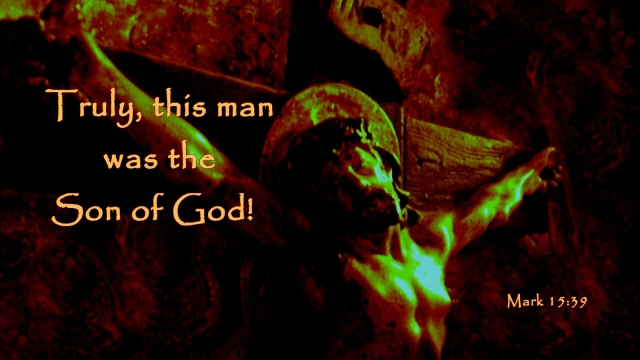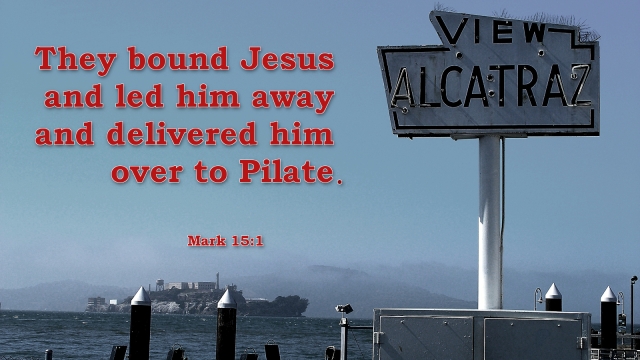When Paul made his way to Thessalonica, he brought with him the good news of salvation through Jesus Christ. Most had not heard the gospel; it was the first time such a man as Paul came with this amazing message. As he taught, some might have thought him crazy to believe so earnestly a story of saving grace which comes through a man once crucified, dead, but alive again. Just the opposite was the case. A number of people in Thessalonica were gripped by the power of the Holy Spirit, and in their hearing the gospel they came to great faith. In this introductory passage to his first letter, Paul gives thanks and praise for their faith and early enthusiasm. But Paul did not write this letter to puff them up. No, he wrote it to encourage them as they faced challenges, doubts and fears.
Christians today certainly face doubts and fears. Like the first Christians at Thessalonica, the church today benefits from the encouragement of other faithful disciples. Left on their own, the faithful soon become distant and inactive in matters of worship, fellowship and Christian living. The world offers so many alternatives to living a life patterned after the example of Jesus. At every turn, the powers that defy God lay in wait to snatch the believer from the community of faith, that they would set their minds on earthly things rather than seeking God’s kingdom.
Many today take a look at the church and think Christians are as crazy as Paul to believe such a story. To a world fallen into sin, the gospel simply doesn’t make sense. Yet, through the sharing of the gospel message, the Holy Spirit continues to bring people to faith. The church certainly faces issues of complacency; many are not as active as we ought to be. And so we lift up one another in prayer. The Holy Spirit strengthens God’s people through their hearing the gospel. The epistles of Paul, along with the other biblical authors continue to encourage Christians throughout the world. And finally, the powerful witness of the saints and the lives of all who have gone before us in faith, continue to serve as examples for the church to follow.
Prayer: Come Holy Spirit; fill the hearts of your people and kindle within us the fire of your love, that we too may share the good news of Christ. Amen.








